Imran Khan, Pakistan's new prime minister
-
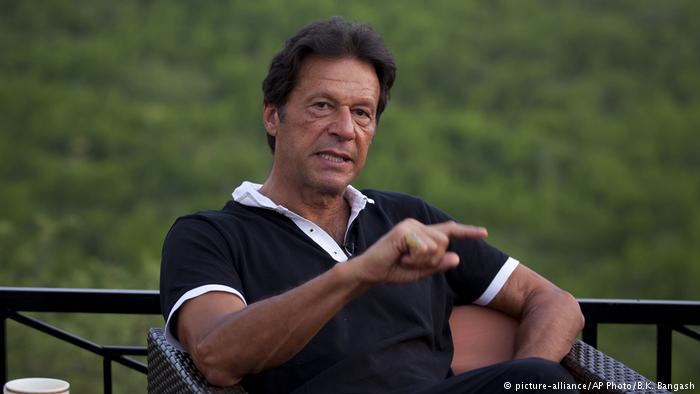
Affluent upbringing: Imran Khan was born in Lahore in 1952, the son of a civil engineer. Khan grew up with his four sisters in a relatively affluent part of the city. He received a privileged education, first in his hometown and then in Worcester, England. It was there that Khan's love and talent for the game of cricket became evident. In 1972, he enrolled at Oxford University to study politics and economics -
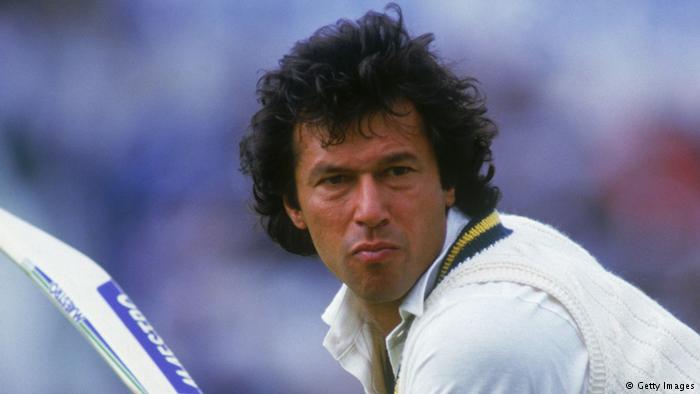
Pakistan cricket's blue-eyed boy: Khan played cricket throughout his time in England and after returning to his native Pakistan in 1976, he quickly became a regular in the national team. By 1982, he was awarded the captain's armband. Khan enjoyed an illustrious career and was regarded by many as one of the best all-rounders in the world -
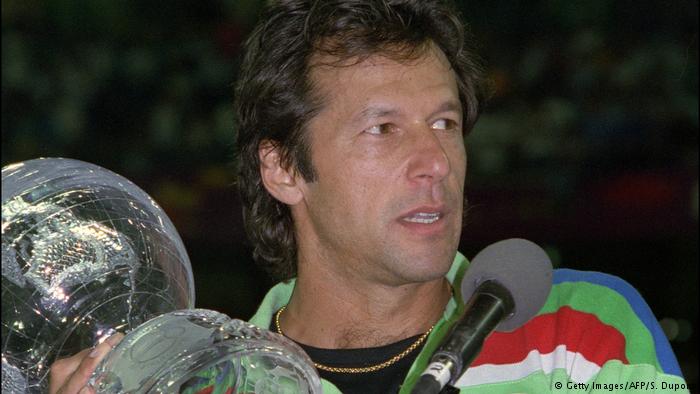
World champion: the ultimate high point of Khan's sporting career saw him captain Pakistan to the 1992 Cricket World Cup in Melbourne, Australia. As if his popularity couldn't get any bigger back home, Khan even took the winning wicket in the final against England -
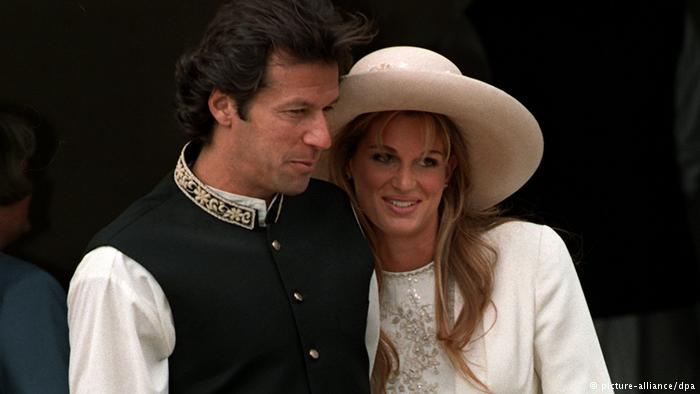
From playboy to (thrice) married man: Khan enjoyed a hedonistic bachelor life and was a regular fixture on London's nightlife scene. However, in 1995, aged 42, he finally tied the knot to 21-year-old Jemima Goldsmith. During their nine-year marriage, the famous couple provided plenty of fodder for the British and Pakistani tabloids. Despite separating in 2004, Goldsmith has remained a vocal supporter of Khan's politics -
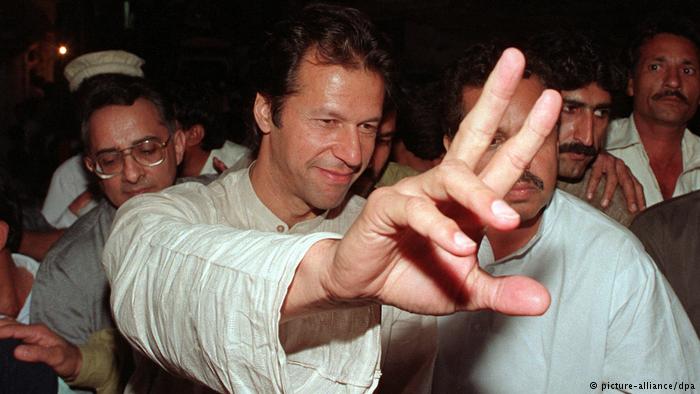
Khan enters politics: Khan wasted little time after retiring from cricket in 1994. Just two years later he entered Pakistani politics and founded the Pakistan Tehreek-e-Insaf (PTI) party. However, his popularity was slow to carry over from cricket into politics. In the 1997 general elections, his PTI party failed to win a single seat -
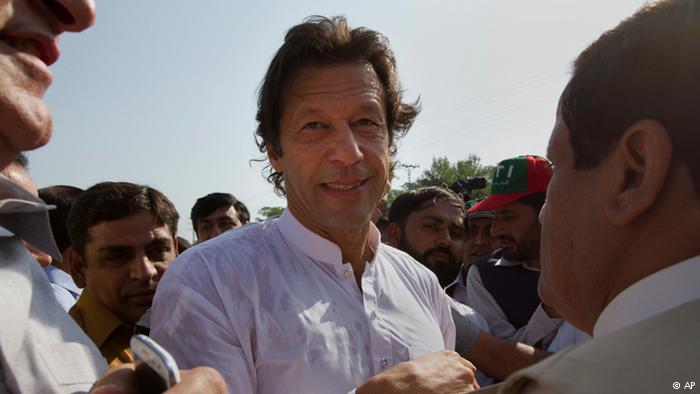
Political activist: Khan remained active in politics over the next decades. In 1999, he supported General Pervez Musharraf's military coup, only to later turn against Musharraf ahead of the 2007 presidential election. Khan was subsequently placed under house arrest and even spent a few days in prison. However, his supporter base continued to grow and by 2013 he had become a key candidate in the general elections -
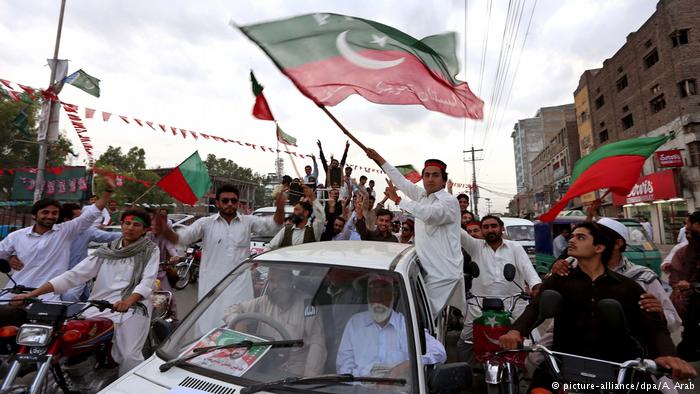
2013: Khan's political breakthrough: the PTI made substantial gains in the 2013 election, claiming 30 parliamentary seats and finishing second behind the Pakistan Muslim League. The party became the main opposition in the key provinces of Punjab and Sindh. However, its greatest feat was winning its first province in Khyber Pakhtunkhwa -
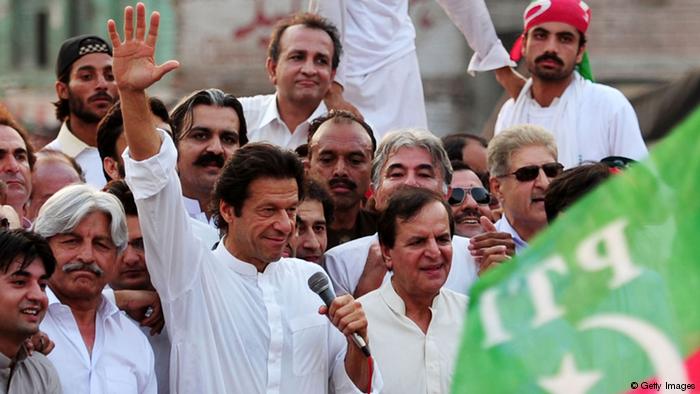
"Taliban Khan": Khan has often been the butt of jokes for his pacifist stance towards terrorism in the region. He earned the moniker "Taliban Khan" for claiming that the only way to achieve peace with the Taliban in neighbouring Afghanistan was through negotiation. Khan was also an outspoken critic of U.S. drones strikes on Pakistan and has promised to disengage Pakistan from America's conflicts in the Middle East -
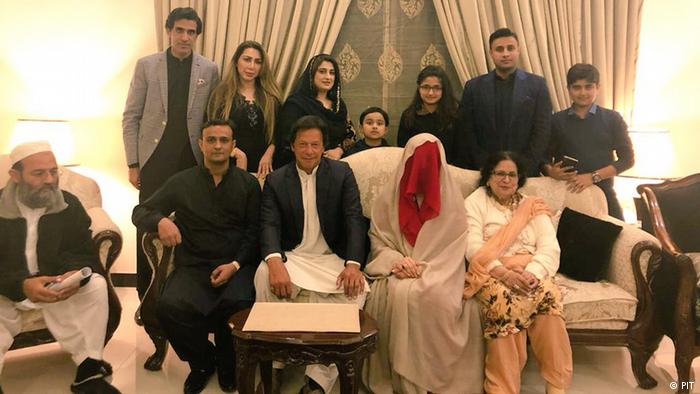
Two more marriages: since his divorce from Goldsmith in 2004, Khan has re-married twice. In January 2015, Khan announced his marriage to British-Pakistani journalist Reham Khanm, although just 10 months later the couple said they were filing for divorce. In February 2018, Khan married his third wife, Bushra Manika (pictured front row, second from the right), whom he describes as his spiritual adviser -
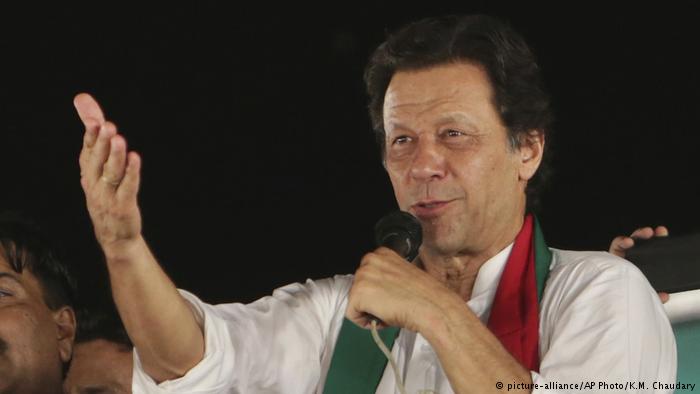
Making waves in 2018: by the beginning of this year, Khan's PTI were among the favourites going into the general election. Campaigning on a populist platform, Khan pledged to break away from Pakistan's corrupt legacy. His plans include a poverty reduction programme similar to that seen in China. This would see the establishment of an "Islamic welfare state", the creation of 10 million jobs and construction of 5 million homes for the poor -
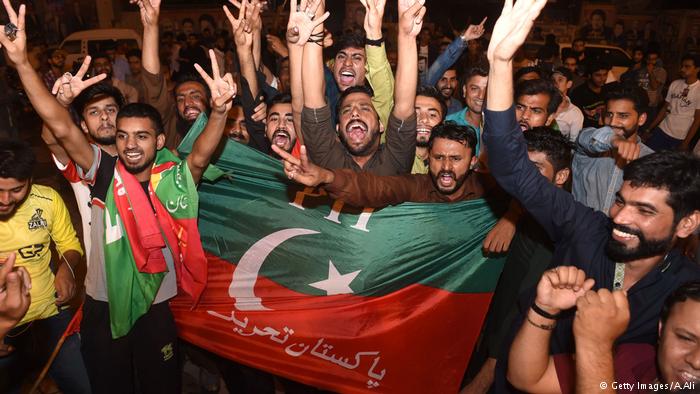
Prime Minister Imran Khan: Khan completed his journey from all-star cricketer to political leader on 26 July 2018. "I started this struggle 22 years ago and today I have been given a chance to fulfill what I dreamed for the country," Khan said in a televised speech. "We will run Pakistan like it's never been run before"
https://qantara.de./en/node/26733
Link
To all image galleries
